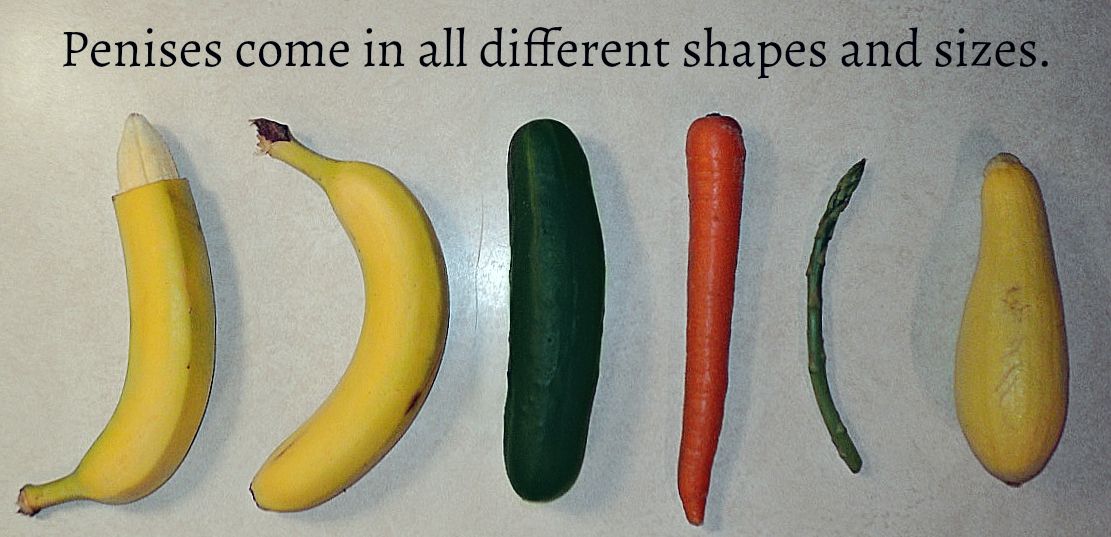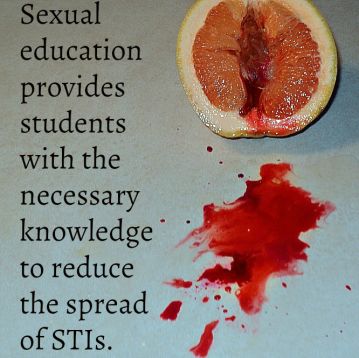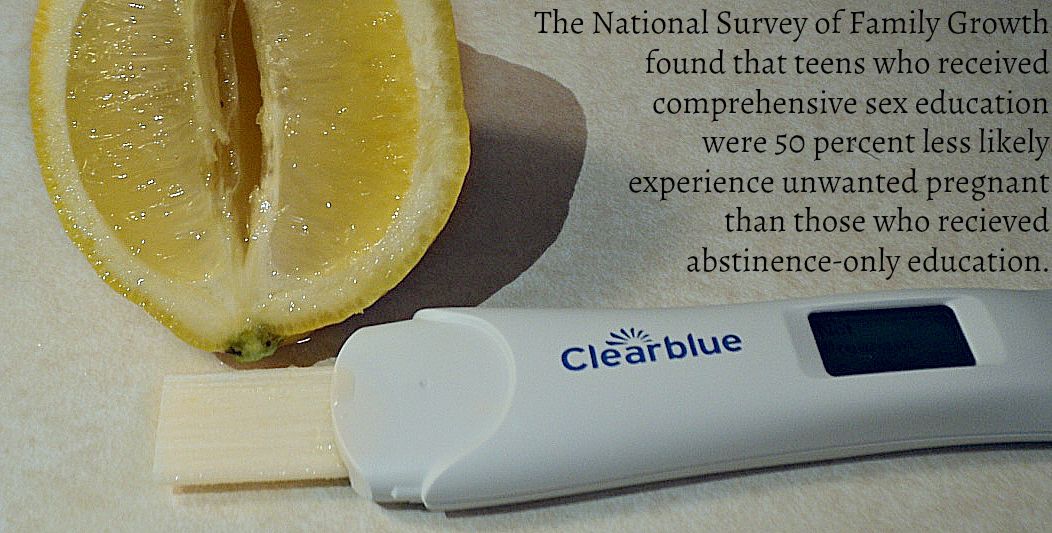
Pornhub is leading the charge for sexual education with the establishment of its sexual education website.
Pornhub has been the go-to spot for adult entertainment since its launch back in 2007. On Feb. 1, Pornhub began its venture into the world of sexual education with the launch of its sex-ed website, the Pornhub Sexual Wellness Center.
The website provides free, assorted information on a variety of topics, including reproductive health, sexually transmitted diseases and infections, human anatomy and sexuality.
In the Pornhub Sexual Wellness Center welcome video, Dr. Laurie Betito, a clinical psychologist with a specialty in sexuality and the director of the Pornhub Wellness Center, explained that she teamed up with Pornhub in order to “create a place where information pertaining to the physical, psychological and even the most intimate aspects of sex is available to all.”
Corey Price, Pornhub’s vice president, said in a press release February 1, “We understand the importance of educating the general public on a wide range of topics pertaining to sexual health and awareness, and saw an opportunity to deliver knowledge and understanding through renowned doctors and experts.”

Pornhub recognized the need for information and decided, as the leading free, ad-supported adult video-streaming website, they had an obligation to meet that need for sexual education.
Tommie Wilkins, violence against women on campus grant coordinator at Cabrini University, commended Pornhub’s commitment to sex education, stressing the importance of keeping people informed.
Wilkins said, “To quote Nelson Mandela, ‘education is the most powerful weapon which you can use to change the world.’ This applies to all aspects of life. When you are educated on a topic or issue, the weapon is knowledge that will help a person to make better informed decisions. In this case, what actions will be the safest and healthiest and the consequences to our actions. Sex education can help a person to establish what their personal, moral and religious standards are in life.”
Pornhub’s goal is to position itself as an all-encompassing information source, providing answers to inquiries ranging from STI symptoms, safe sex, sex technology and advice.
Melanie Greenberg, Cabrini alumna and human sexuality graduate student at Widener University, thinks sexual education is most effective when conducted in a classroom setting, but is glad Pornhub is taking the initiative to provide people with information on sex-related topics while schools are not entirely prepared or willing to do so.
“It’s brilliant that they’re capitalizing on that and that they’re seeing the need for it,” Greenberg said. “I don’t think the internet is the best source of information, but if they do it right, it can be very beneficial because kids can access that anywhere.”

Pornhub is aiming to provide everyone, especially teenagers, with the necessary knowledge. Many teenagers are engaging in sexual activity and need access to the correct information.
The Center for Disease Control and Prevention found that 41.2 percent of high school students have had sex and 30.1 percent were sexually active when the survey was most recently conducted, in 2015.
According to the Center for Disease Control and Prevention, nearly 250,000 babies were born to women aged 15 to 19 years old in the United States in 2014. Although this is a nine percent drop in the teen birth rate from 2013, the United States’ teen pregnancy rate is still significantly higher than in other western industrialized nations.
Despite only representing 25 percent of the sexually active population, teenagers account for half of all new cases of sexually transmitted infections in the United States each year, or about ten million cases, said Do Something.
The World Health Organization‘s Department of Child and Adolescent Health and Development cited lack of sex education as the main reason young people are so susceptible to sexually transmitted infection.
Students are more likely to become pregnant and more likely to contract sexually transmitted diseases when they do not receive the proper sexual education. Despite the need for proper sex education, it is not always available.

In 2016, the Guttmacher Institute reported that while more than 80 percent of adolescents aged 15–19 had received formal instruction about STDs, HIV or abstinence, only about half had learned about proper birth control. By the time they had experienced sex, only 57 percent of males and 43 percent of females had received formal contraception instruction and only 31 percent of males and 46 percent of females had learned where to get birth control. Comprehensive sexual education is not being taught as much as it should.
Greenberg said parents are afraid of their children being taught sexual education for fear it will sully them.

“I think they’re afraid of what it will lead to,” Greenberg said. “Being open about different desires and behaviors scares people because they’re afraid their children will be corrupted; that if you say it out loud, it becomes real. And I think that scares people.”
Many parents are hesitant to support sexual education because they worry it will inspire the youth to be sexually active; to the contrary, comprehensive sex education is effective against preventing sexually transmitted diseases and unwanted pregnancy as well as and discouraging sexual promiscuity.
Family Health International reported that effective sexual education programs had significantly positive impacts on behaviors affecting the risk of sexually transmitted infections or pregnancy. Additionally, the study disclosed the education programs did not increase sexual activity.
Alternatively, 45 percent of the studies that measured impact on sexual initiation, frequency of sex, or number of sexual partners found that the programs either delayed sex or reduced the frequency of sex or the number of sexual partners. Nearly all of the other studies had no effect.

The National Campaign to Prevent Teen and Unplanned Pregnancy also reported that proper sexual education led teenagers to delay sex, as well as correlated with sexually active teenagers using contraception more consistently and carefully, which has resulted in a decline in teen pregnancy and parenting.
Greenberg recognizes the benefits of comprehensive sexual education introduced and urges that information to be available early in a children’s lifetime.
“I am vehemently against abstinence-only education because it’s been proven not to work,” Greenberg said. “Abstinence-only education doesn’t affect the rate of HIV infection or sexual behavior. The funding that’s going towards that— it’s just not producing results.”
Along with failing to prevent sexual activity, pregnancy and the contraction of sexually transmitted diseases, Greenberg said improper sexual education can have negative effects on how people view themselves, their sexuality and the world.
Greenberg explained that without sexual education provided in a classroom setting, teenagers and young adults seek out the information through other sources, such as learning about their sexuality through adult videos provided on websites such as Pornhub; however, when this is the only source of information, it have a negative impact on body image, their view of sexuality and the standard with which they hold the social construct of virginity.

“Porn can be really helpful for you to find out what you enjoy sexually, but you should not use it as education, though, because it does not show all the prep work that goes into actually doing anything. And then people watch these videos and then feel bad that they can’t perform in this way or that their vulvas don’t look like that, but all vulvas look different.”
Greenberg said that the United States would benefit from moving away from the health-inspired sexual education model and, similar to many other western developed countries, developing an identity and pleasure based education program that also encompasses health.
“I’m learning that we don’t talk about the emotional side of sex. A lot of our sexual education is based on fear. It’s very fear based and health and sanitation based,” Greenberg said. “It’s all about, ‘don’t do this because you could get chlamydia,’ or ‘don’t do that because you could get gonorrhea,’ and those are accurate fears, but in a lot of other countries, their sexual communication is more based on pleasure than it is on health and safety. We’ve learned: ‘infection, disease, pregnancy, death— sex can lead to all of those terrible things,’ instead of: ‘sex can be really pleasurable for you, but there are also consequences.’”





I’m sure if one is already going to Pornhub then he/she probably already knows about sex lol.